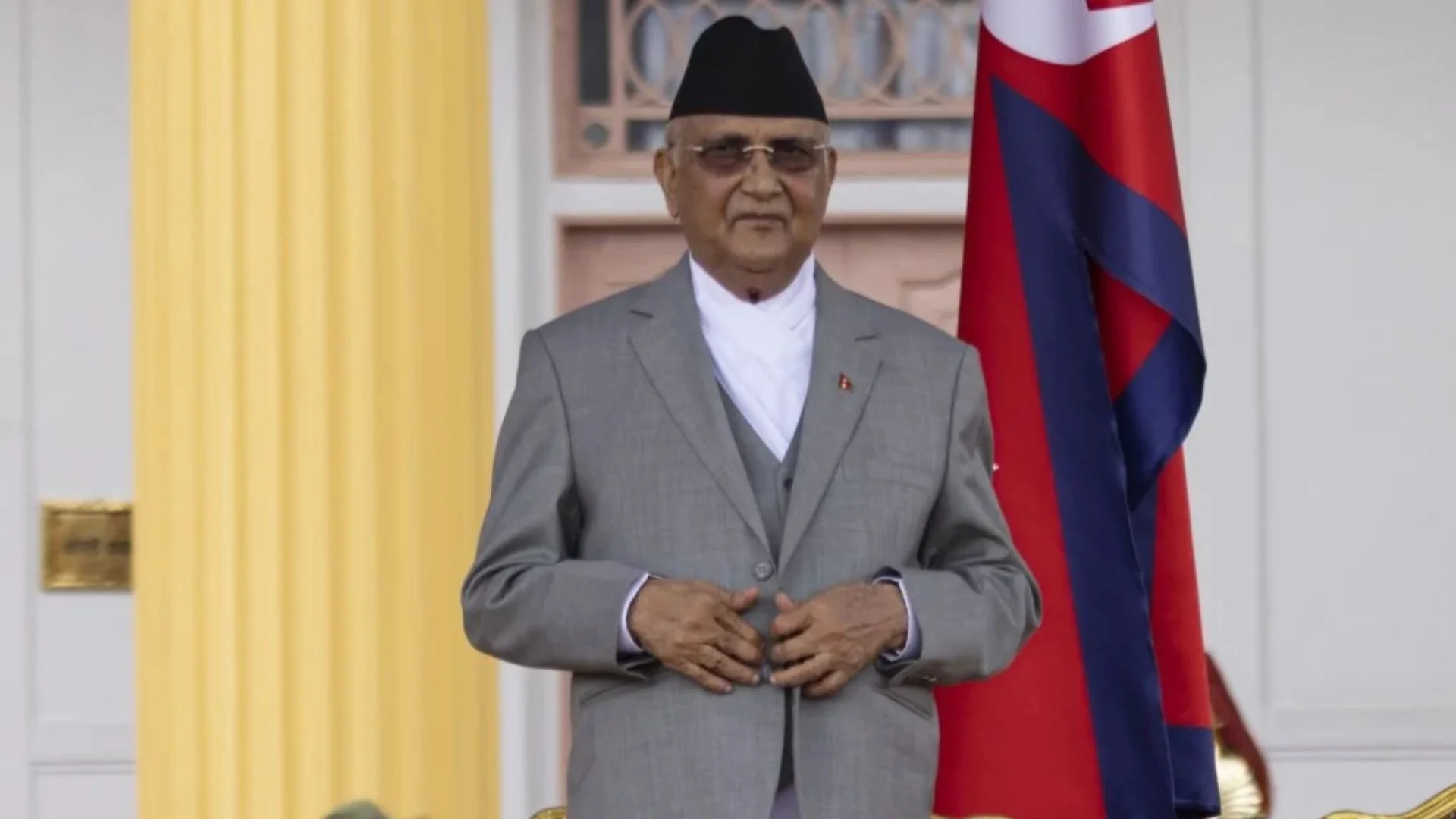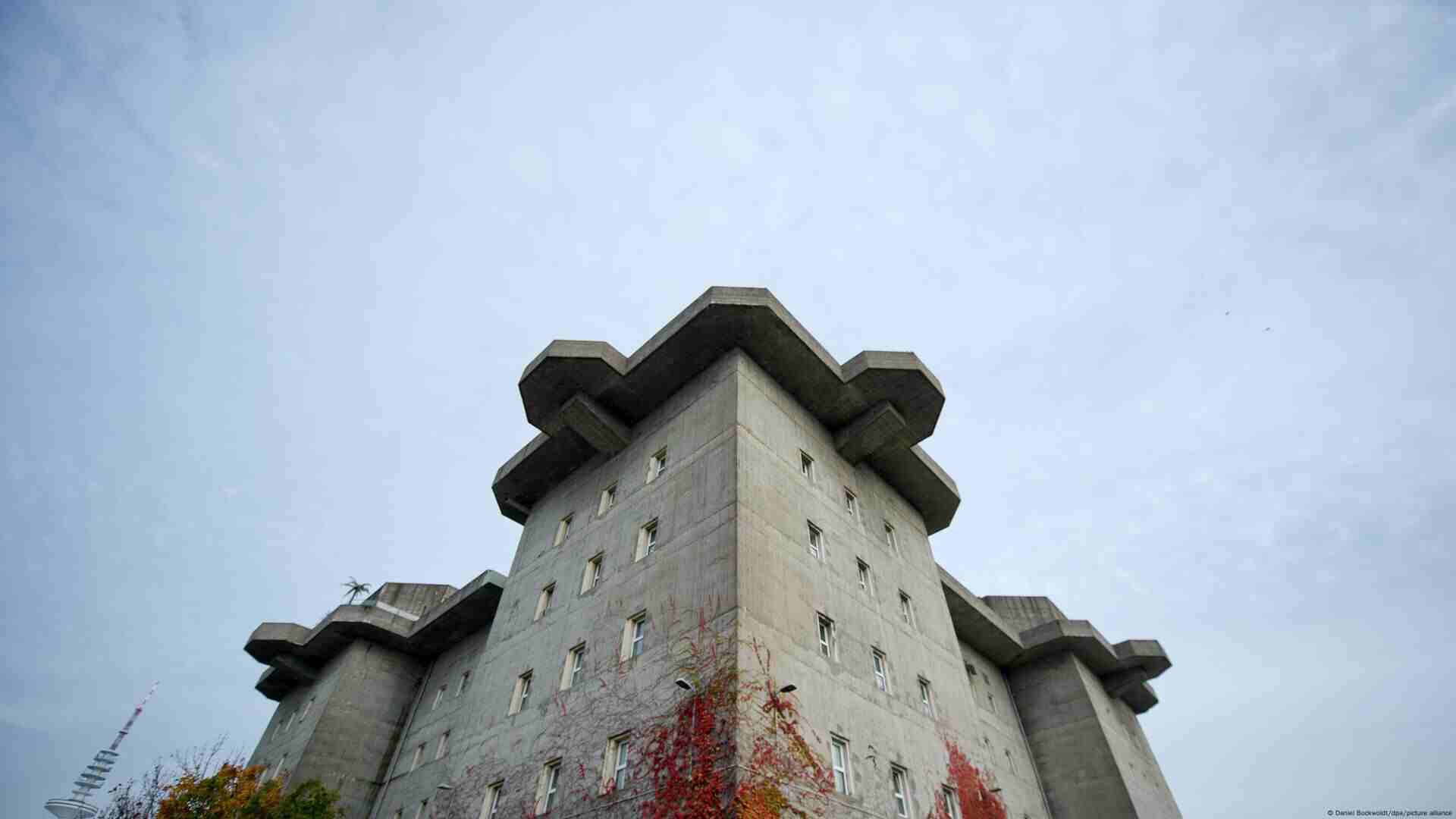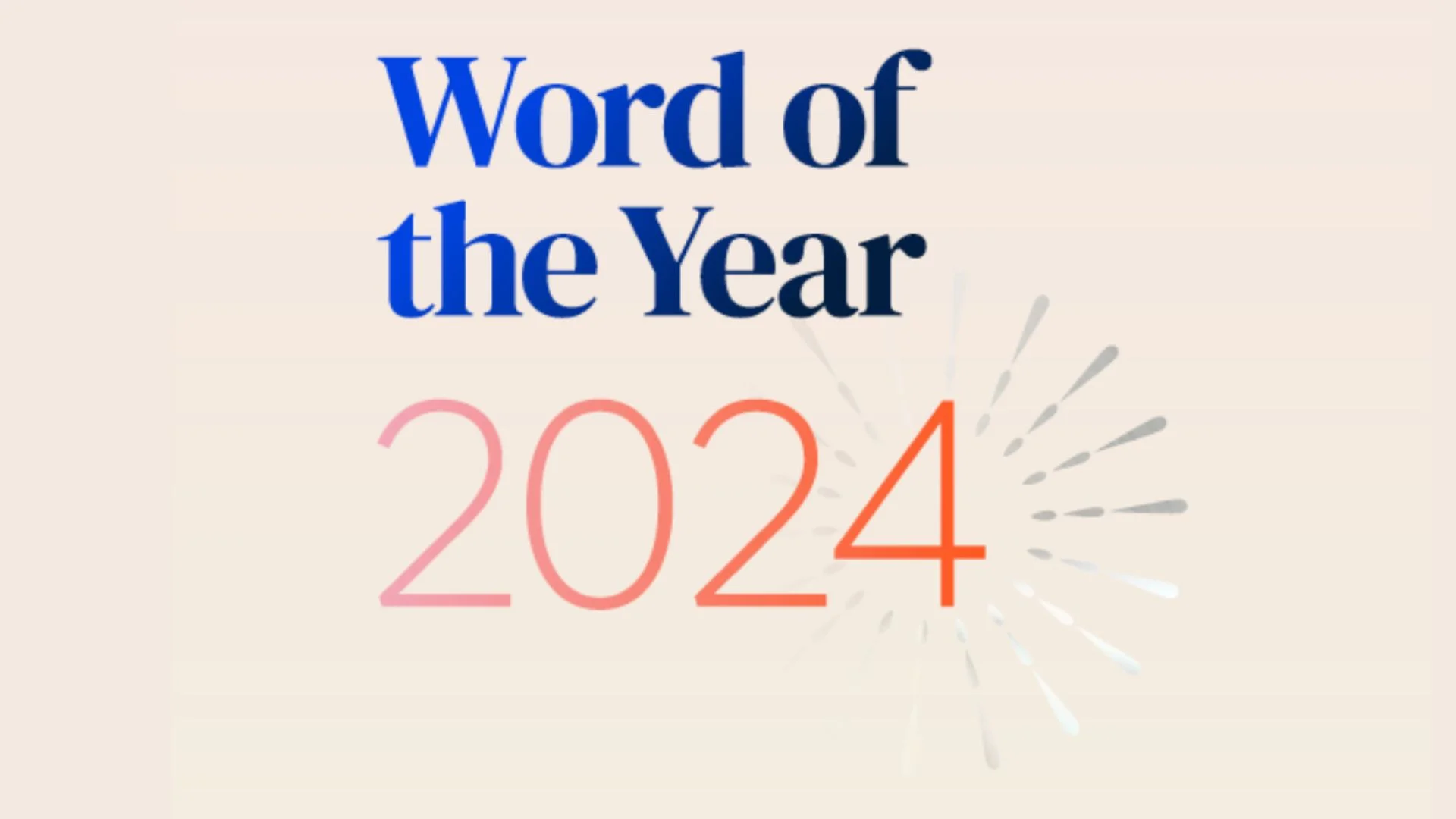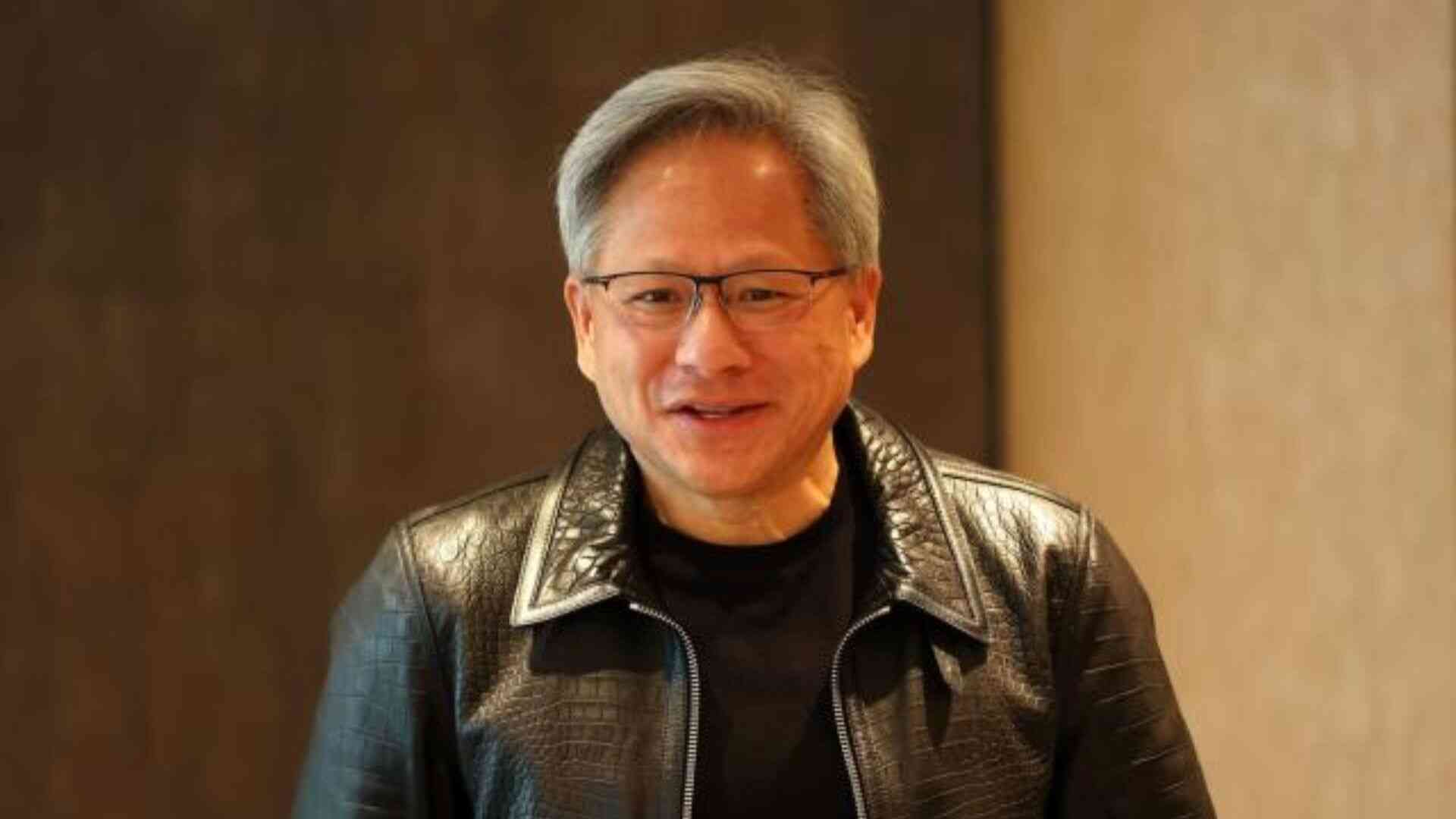United Nations lauded India’s G20 Presidency for highlighting a number of Sustainable Development Goals (SDGs), namely no poverty, zero hunger, good health and well-being, quality education, gender equality, clean water and sanitation.
In fact, India’s G-20 Presidency has become SDG-20 Presidency as India is raising a strong voice to close financial gaps, the UN Resident Coordinator Shombi Sharp said in her speech to the joint closing session of the 57th Capacity Building Programme of the Civil Servants of Bangladesh and Arunachal Pradesh. Sharp emphasised that four rising economies—Indonesia, India, Brazil, and South Africa—will hold the G20 Presidency in order to raise issues pertaining to developing nations and, after a lengthy absence, speak for the Global South. The SDG Summit will take place in New York two weeks after India leads the G20, he said, adding that this handshake will be crucial for the midterm review of the DDG-17 Objectives.
It may be recalled that the 17 Sustainable Development Goals were adopted as a part of the 2030 agenda by 192 United Nations member states in 2015. Some of these goals are no poverty, zero hunger, good health and well-being, quality education, gender equality, clean water and sanitation, affordable and clean energy, decent work and economic growth, industry, innovation and infrastructure.
Two capacity-building programmes for the civil servants of Bangladesh (57th batch with 40 participants) and Arunachal Pradesh (2nd batch with 29 participants) commenced at the National Centre for Good Governance (NCGG), Mussoorie campus on 28th February came to an end today with distribution of Certificates to the participants.
To encourage the sharing of expertise, NCGG organised joint sessions. Reaching every citizen, NCGG’s capacity-building efforts for government workers seek to advance good governance, improve service delivery, and raise residents’ quality of life.















